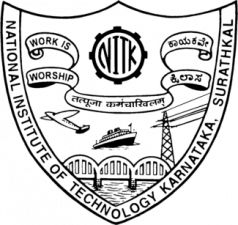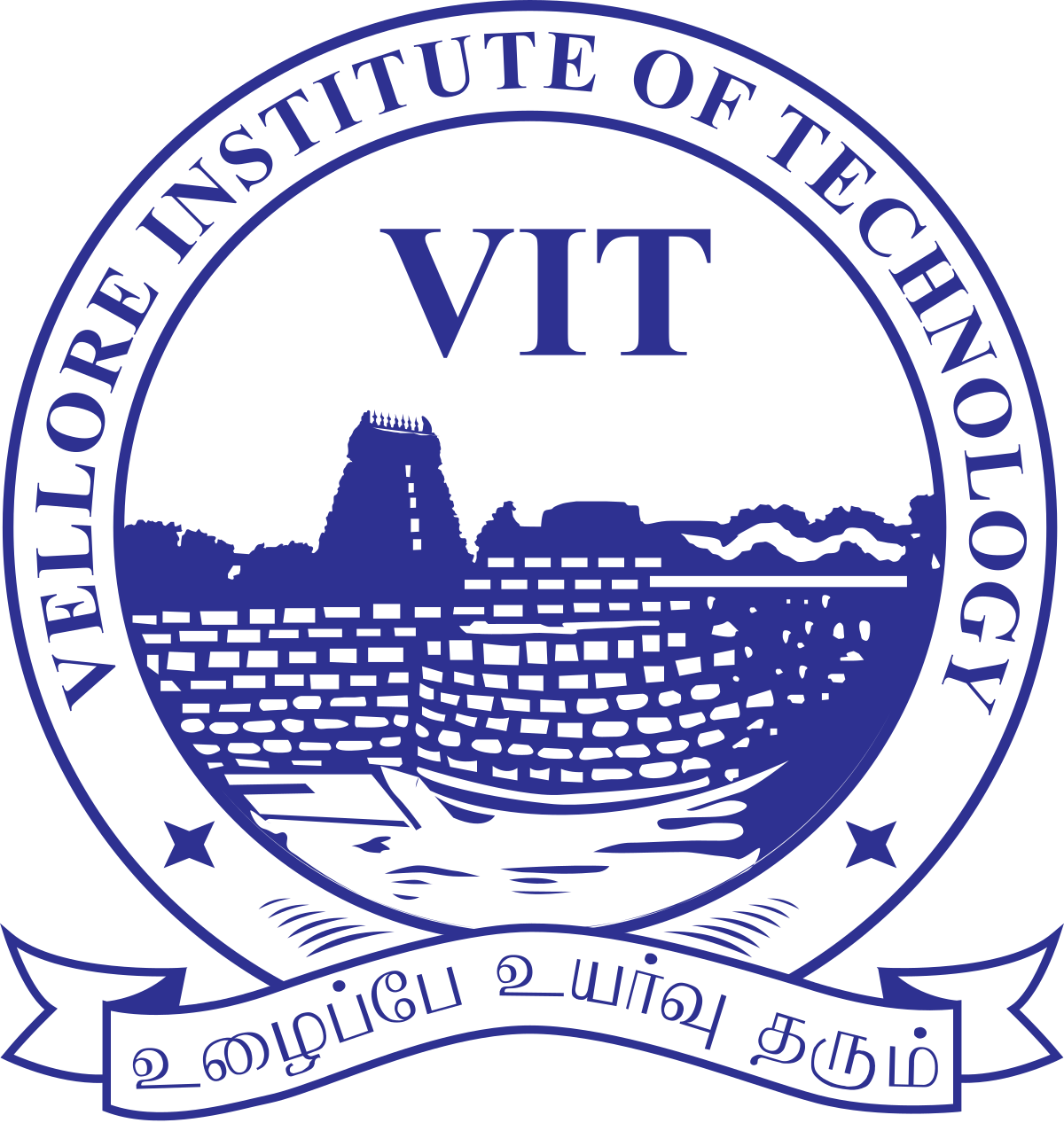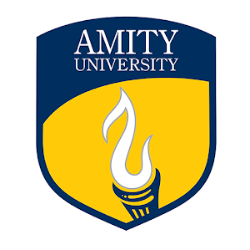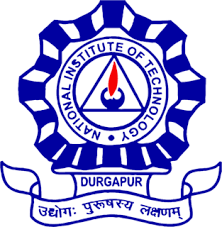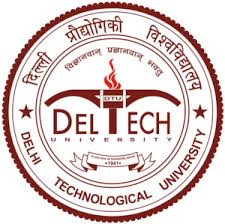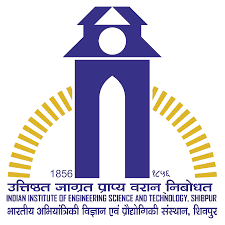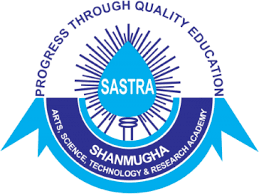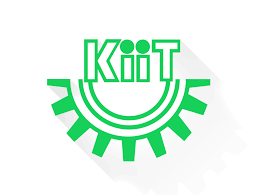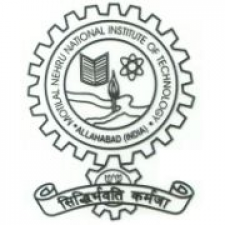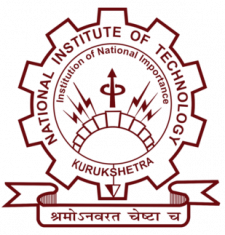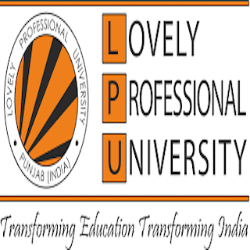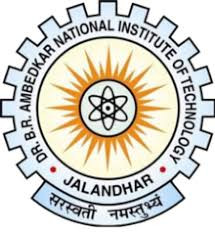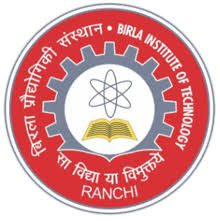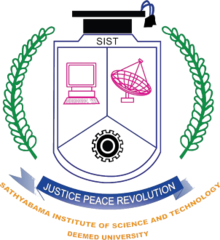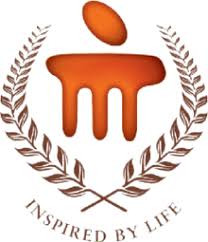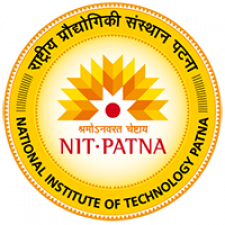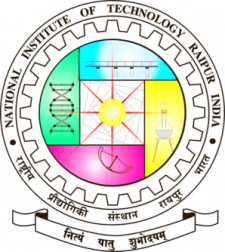Highlights: -
|
Degree Name |
Bachelor of Technology |
|
Level |
Undergraduate |
|
Duration of the course |
4 years |
|
Eligibility |
Minimum 50% in 10+2 with Physics, Chemistry, and Mathematics as the main subjects. |
|
Education mode |
Full-time, Distance. |
|
Admission Process |
Merit as well as Entrance Exams |
|
Entrance Exams |
JEE Main, JEE Advanced, BITSAT, VITEEE, SRMJEEE, COMEDK, KIITEE, WBJEE, MHT CET, MET, AP EAMCET, TS EAMCET, UPSEE, IPU CET, AMUEEE, JKCET, KEAM, TNEA, REAP, CG PET. |
|
Fees of the course |
Rs 10,000 - Rs 3.00 Lakhs |
Eligibility Criteria: -
- The candidates must complete their 12th or equivalent exam from a recognised board with a minimum of 50% marks.
- They must have studied Mathematics, Physics, and Chemistry as their main subjects in 12th.
- The students must clear the cut-off marks of the entrance test.
- Candidates seeking admission to B.Tech. I.T courses through Lateral Entry will have to complete their 3 years diploma course from a recognised board.
Syllabus for B.Tech In Information and Technology:
The B.Tech in Information and Technology syllabus will vary from college to college, but the course aims and subjects shall remain the same; the subject distribution over the syllabus may differ, but the study matter remains consistent. Nevertheless, candidates should check the official website to know the complete syllabus. Here is a general guide to B.Tech in Information and Technology syllabus design, as commonly followed by Indian colleges:
|
Semester 1 |
Semester 2 |
|
The Dimension of Information Technology |
General Engineering (Workshop & Engg. Graphics) |
|
Engineering Mathematics I |
Engineering Mathematics II |
|
Basics of Electronics |
Computer Languages |
|
Engineering Physics |
Computer Organisation |
|
Communication Skills |
Application of MS-Windows |
|
Semester 3 |
Semester 4 |
|
Visual Basic |
Computer Communication Network |
|
Electrical Measurement and Measuring Instruments |
Computer - Oriented Numerical Methods |
|
Data Structures through C |
Introduction to Web Technology |
|
Digital Electronics |
Object-Oriented Programming (C++) |
|
Operating Systems |
Business Applications of IT |
|
Semester 5 |
Semester 6 |
|
Concepts of Database |
Software Project Management |
|
Management of Information Systems |
Applications of Microprocessor |
|
Principles of Management |
E-Commerce |
|
Java Programming |
RDBMS |
|
Introduction to Microprocessor |
Project I |
|
Semester 7 |
Semester 8 |
|
Computer Graphics and Simulation |
Data Mining and Data Warehousing |
|
Programming Tools and Techniques |
Distributed Databases |
|
Compiler Design |
Network Security and Cryptography |
|
Visual C++ |
Project II |
|
Artificial Intelligence |
- |
Further studies after B.Tech in Information and Technology: -
- M.Tech in Information and Technology.
- Post Graduate Diploma in Information and Technology Engineering.
- Certification Courses.: - Software Development, Cloud Computing, Cyber Security, Blockchain Technology, Data Science, Web Development and DevOps.
- Short-Term Training Programs.
FAQs
- What is the scope after B.Tech in Information Technology?
I.T. is a thriving profession in India. The I.T. sectors offer thousands of jobs to B.Tech I.T. students every year. Upon completing this course, students may pursue an M.Tech, PG Diploma or an MBA.
- What are the common job profiles for B. Tech I.T students?
There are many job profiles for B.Tech I.T Students, such as Junior Engineers, Network Engineers, Software Developers, Testing Engineers, and App Developers.
- Which branch is better: CSE or I.T., in terms of placements?
Both branches offer placement opportunities that are almost similar to the candidates.
- What is the average CTC for the B.Tech I.T students?
The average CTC is around INR 3,50,000 Per Annum.
- Can I sit for both the JEE Main exams?
Yes, a candidate is allowed to appear for both sessions of JEE Main.
- What are the government jobs after B.Tech?
There are quite a few government job options for B.Tech graduates in India, spanning various sectors and departments. Here we have mentioned some of them:
- Indian Engineering Services (IES).
- Engineering Services Examination (ESE).
- Scientist Recruitment Board (SRB).
- State Public Service Commissions (PSCs).
- State Electricity Boards.
- Railways.
- Defence.
- Which is the best course to pursue after B.Tech?
After B.Tech, a person can pursue the following courses:
- M.Tech: to study on the technical side.
- MBA: if you wish to move your career in management.
Other specialisations in Engineering: -
B.Tech in Computer Science, B.Tech in Mechanical Engineering, B.Tech in Electronics and Communication, B.Tech in Automobile Engineering, B.Tech in Civil Engineering, B.Tech in Aeronautical Engineering, B.Tech in Chemical Engineering, B.Tech in Robotics Engineering.


